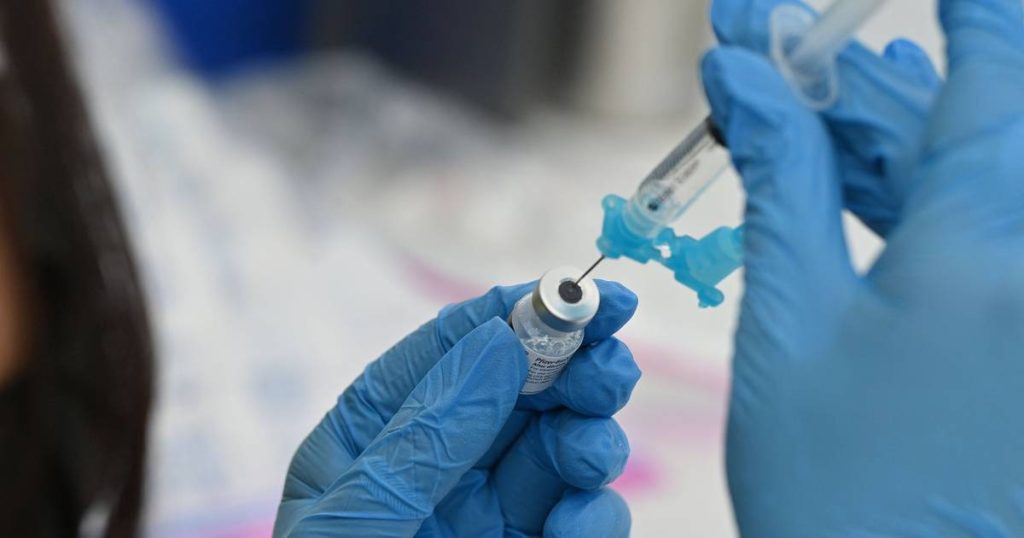More scientific data is emerging about how long a previous infection with Covid-19 protects you from a new infection. Researchers are becoming more and more convinced that the combination of previous infection and vaccination provides better protection against the coronavirus and against more variants than uninfected vaccines. Moreover, it is possible for a long time.
In principle, people infected with the coronavirus acquire immunity, in part through a kind of memory that protects your body from new infections in the future. It remains unclear how sick a COVID-19 patient must now be to develop an adequate immune memory as protection and how long it will last. This is why anyone already infected with Covid-19 is still advised to get vaccinated.
Researchers believe that this combination of infection and vaccination provides the best protection against a new infection. Those who are vaccinated a few months after infection have what’s called “hybrid immunity,” a type of “super immunity,” says virologist Warner Green of the Gladstone Institute in San Francisco. According to a new study in Science This protection also lasts a long time, according to Green, even for much longer than vaccination alone, although this has yet to be proven. The virologist warns that we shouldn’t be looking for an infection ourselves in order to build that protection, because the dangerous course of disease is certainly no laughing matter and it can happen to anyone.
Monica Gandhi, an infectious disease scientist at the University of California, USA, believes that vaccinating for three months or – even better – six months after infection gives you the best possible protection. A second injection adds hardly anything to these people, she adds. According to her, a third booster dose for full vaccination against infection is not necessary at the moment. “If you already have a natural immunity, one dose is sufficient,” Gandhi says.
re-infection
According to another new study from the Rockefeller Institute in New York, vaccines that have contracted Covid-19 are also protected from a greater variety of variants than those who have only been vaccinated. If you have to choose, go get vaccinated, says Theodora Hatziwano, one of the study’s authors. The injection further neutralizes the antibodies that fight the infection. These antibodies decrease over time, so it is best to start with a larger number. “Five to six months after vaccination or infection, the vaccinated participants generally had higher levels of neutralizing antibodies compared to the infection, including against variants,” she says.
It is still not clear how quickly a person can become infected again after the first infection with Covid-19. According to the Centers for Disease Control and Prevention, infections that affect healthy young adults offer 80 to 90 percent protection from a second infection. The risk of reinfection will be much greater in the elderly and in people with immune diseases. A moderate or asymptomatic course offers less protection than a more severe one. According to the Centers for Disease Control and Prevention, those who have not been vaccinated are more than twice as likely to contract Covid-19 than those who have been fully vaccinated.
Unlimited free access to Showbytes? And that can!
Sign in or create an account and never miss a thing from the stars.

“Total coffee specialist. Hardcore reader. Incurable music scholar. Web guru. Freelance troublemaker. Problem solver. Travel trailblazer.”







More Stories
GALA lacks a chapter on e-health
Weird beer can taste really good.
Planets contain much more water than previously thought